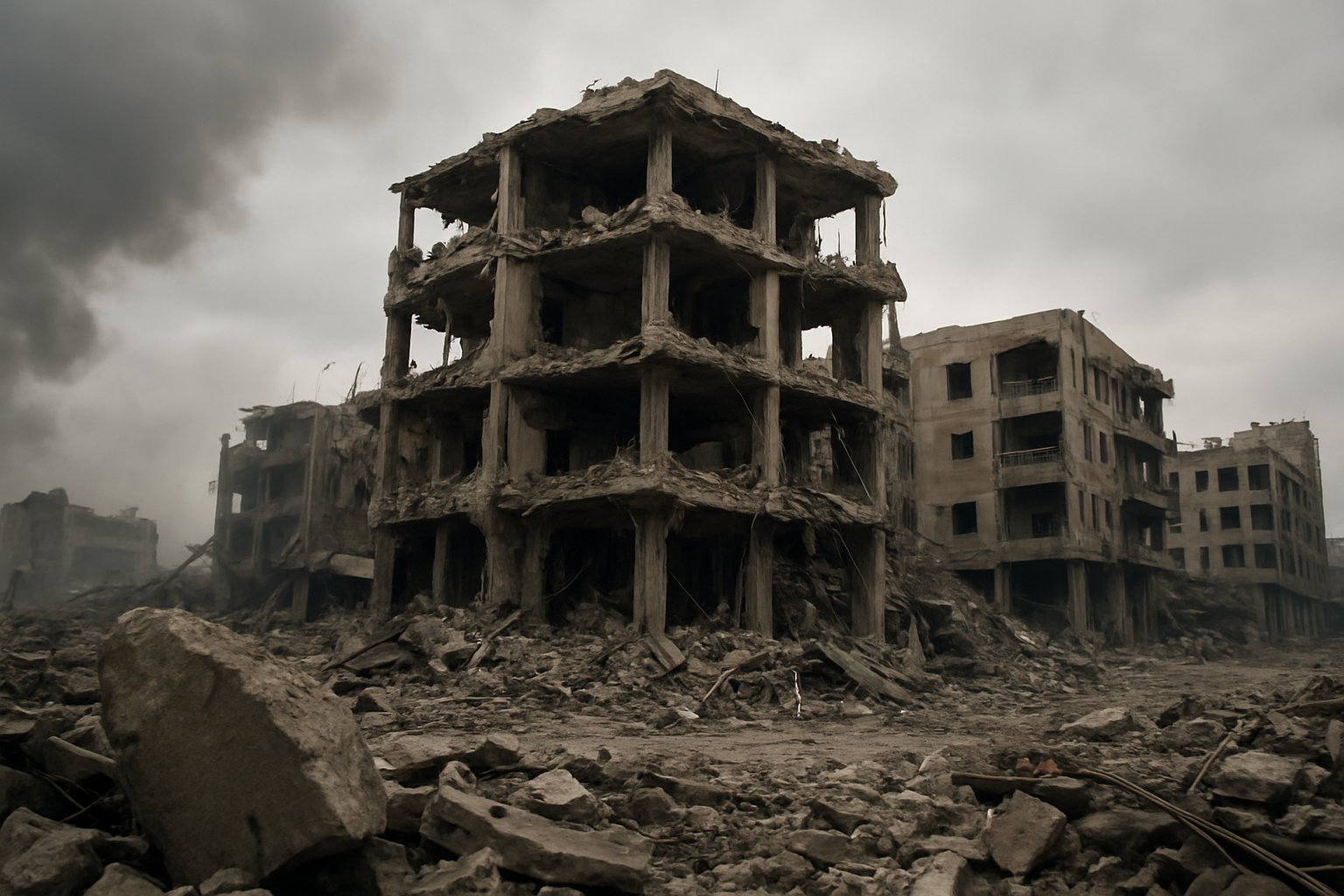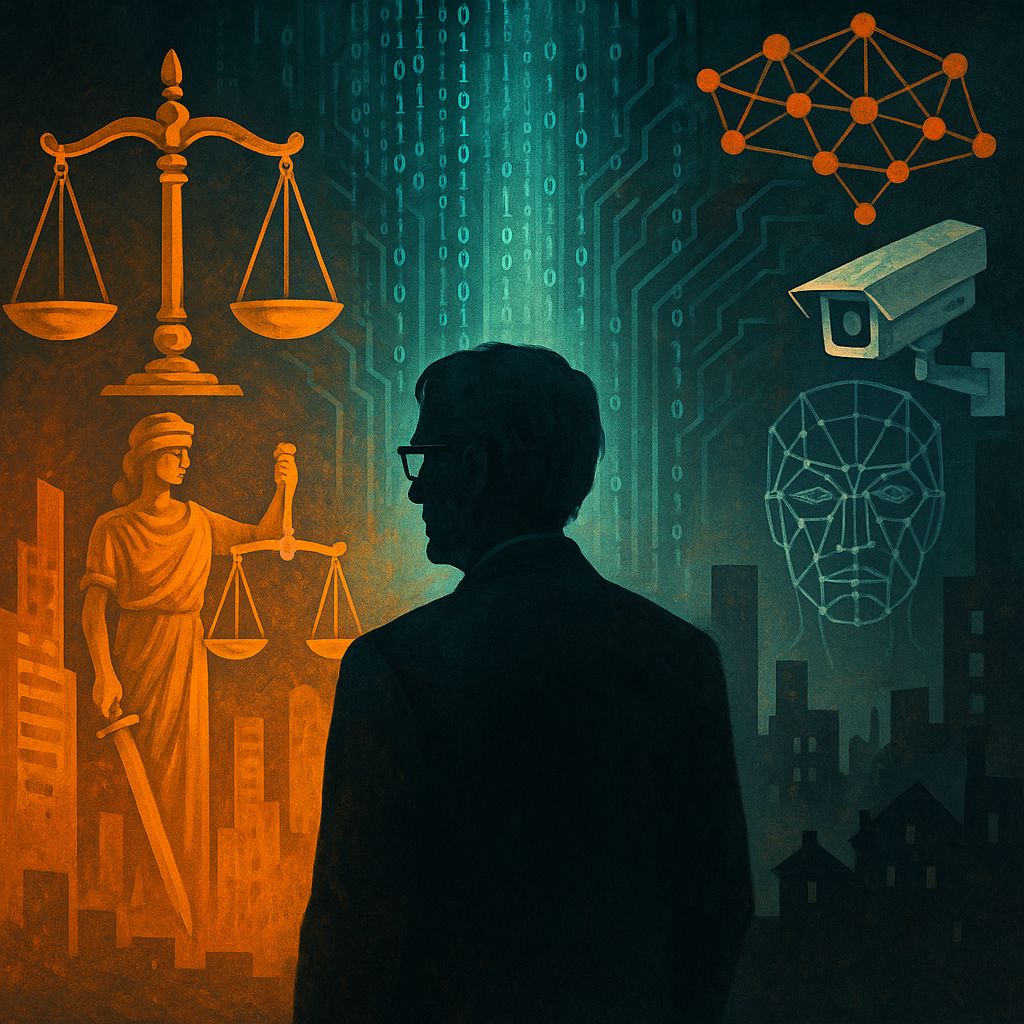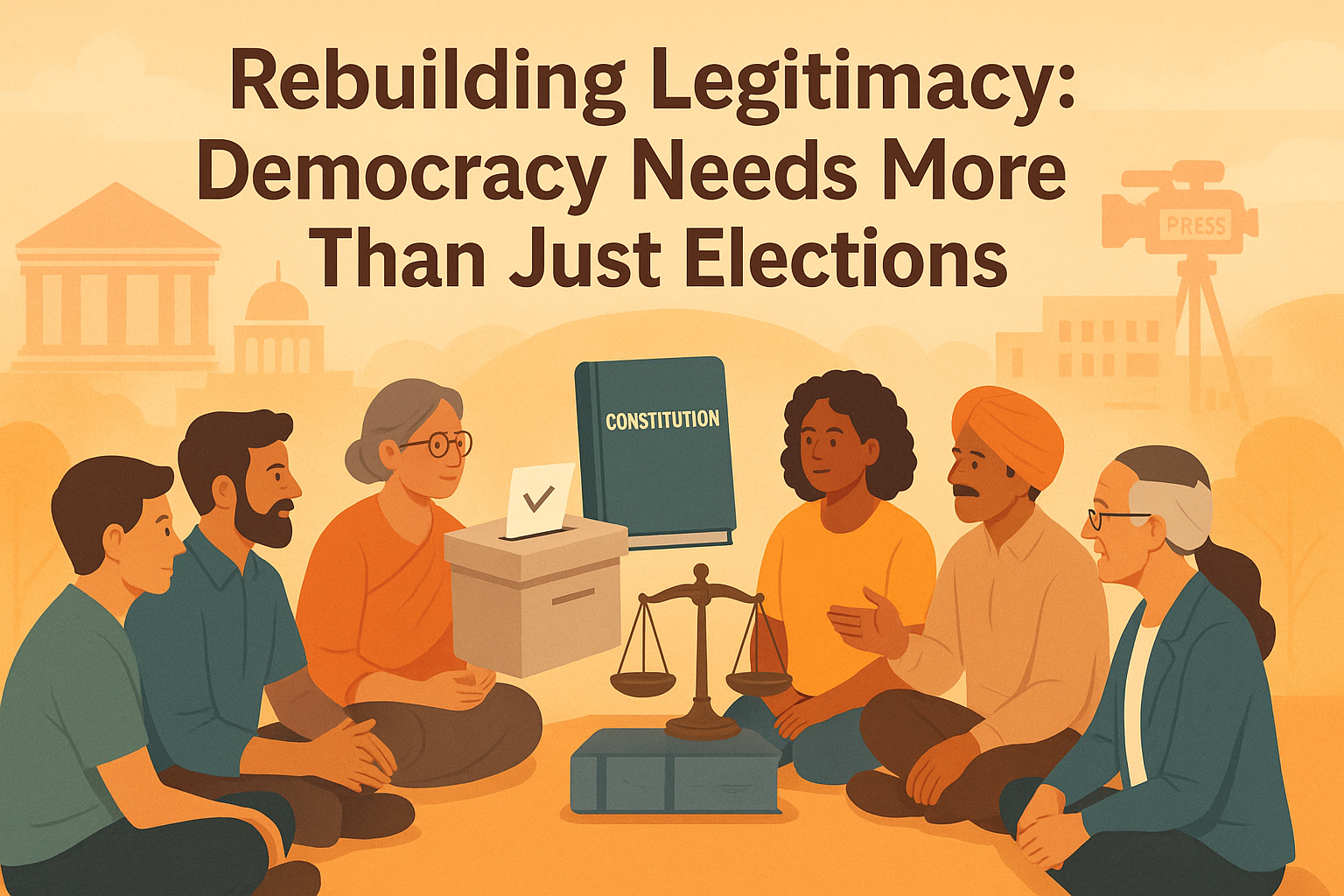Rethinking Silence in Democratic Theory: Withholding Speech as Political Agency
Introduction In political theory, the act of speaking is often treated as the essence of participation. Democratic legitimacy is thought to rest on the voice of the people, expressed in deliberation, protest, or voting. Silence, by contrast, has long been relegated to the margins, dismissed as apathy, repression, or exclusion. Yet history and theory suggest … Read more



